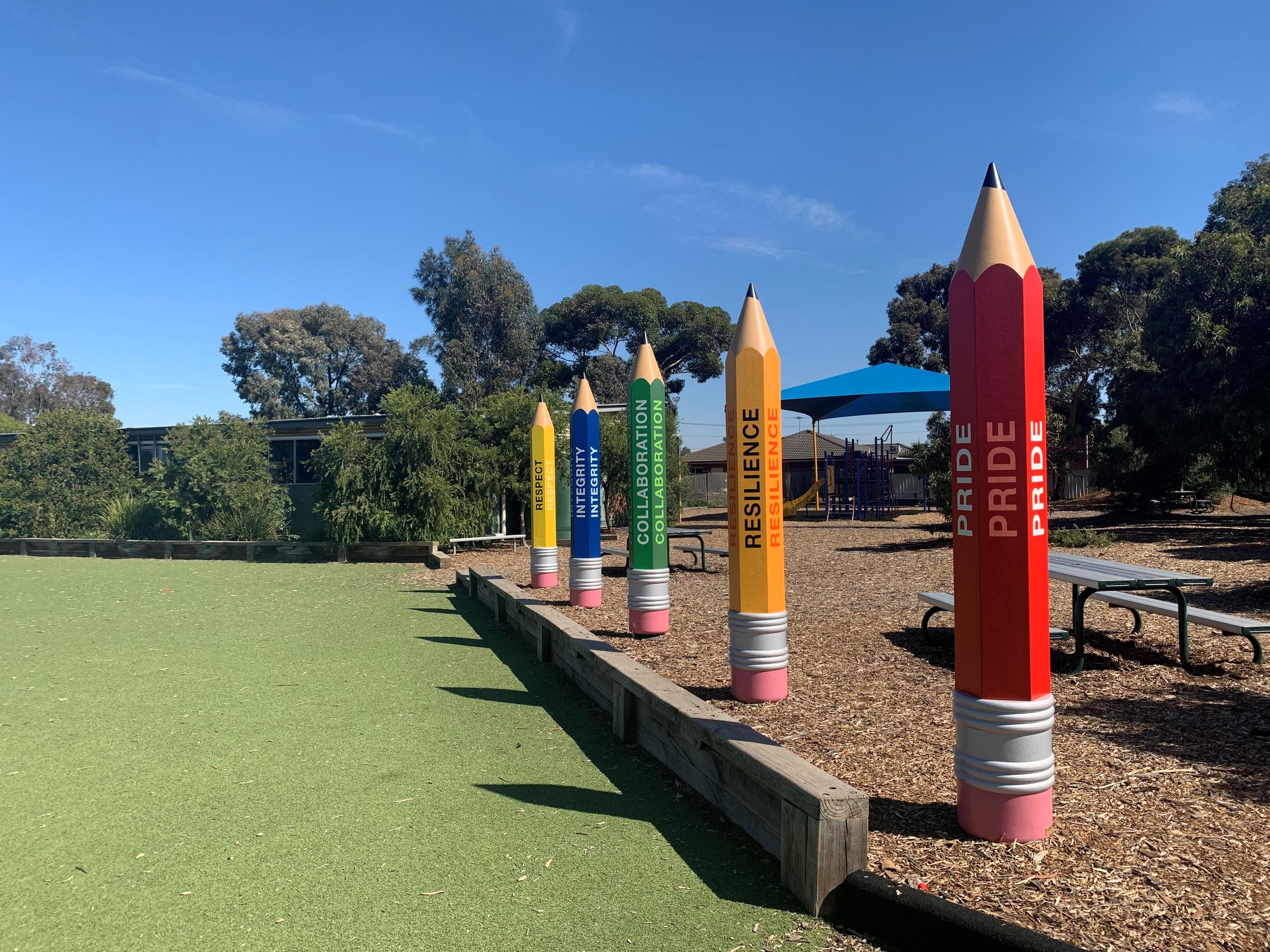Assistant Principal Reports
Deanne Scott/Joshua Fielding

Assistant Principal Reports
Deanne Scott/Joshua Fielding
Kind regards,


Deanne Scott
Assistant Principal
Tips for Reading Your Child’s Report Together
It was fantastic to see so many families attend out Parent Teacher Conferences on Tuesday. This was a valuable opportunity to discuss your child’s learning with their classroom teacher. Our teachers put a great deal of time and effort into each student’s assessment and report. Your child’s school report is a great chance to talk about their learning and celebrate their efforts.
Here are some simple tips for reading the report with your child:
Most of all, enjoy the time talking with your child about their learning.
Supporting Your Child’s Learning Over the Holidays
School holidays are a wonderful time for children to rest, recharge, and spend quality time with family. It’s also a great opportunity to keep learning alive in fun and relaxed ways.
Here are some simple ideas to help support your child’s learning over the break:
1. Read together every day
Reading is one of the most important things you can do with your child. Take turns reading aloud, visit the local library, or enjoy a bedtime story. Talk about the book and ask questions like “What do you think will happen next?”
2. Encourage real-life maths
Use everyday moments to practise maths: measuring ingredients when cooking, counting money, reading timetables, or playing board games that use number skills.
3. Keep writing fun
Support writing by encouraging your child to keep a holiday journal, write postcards, create a comic, or make a list for a family outing.
4. Explore and be curious
Go for walks, visit parks, museums, or the zoo. Encourage your child to ask questions and talk about what they see. Learning happens everywhere!
5. Limit screen time and encourage creativity
Balance screen time with activities like drawing, building, creating, or imaginative play. Unstructured time is important for creativity and problem solving.
6. Talk and connect
Holiday downtime is perfect for meaningful conversations. Ask about what your child has enjoyed this year, what they’re looking forward to, and what they might like to get better at next term.
Remember, learning doesn’t have to look like school—it happens through play, talking, reading, exploring, and spending time together.
We wish all our families a safe, happy, and restful winter holiday break!
Kind regards,


Joshua Fielding
Assistant Principal